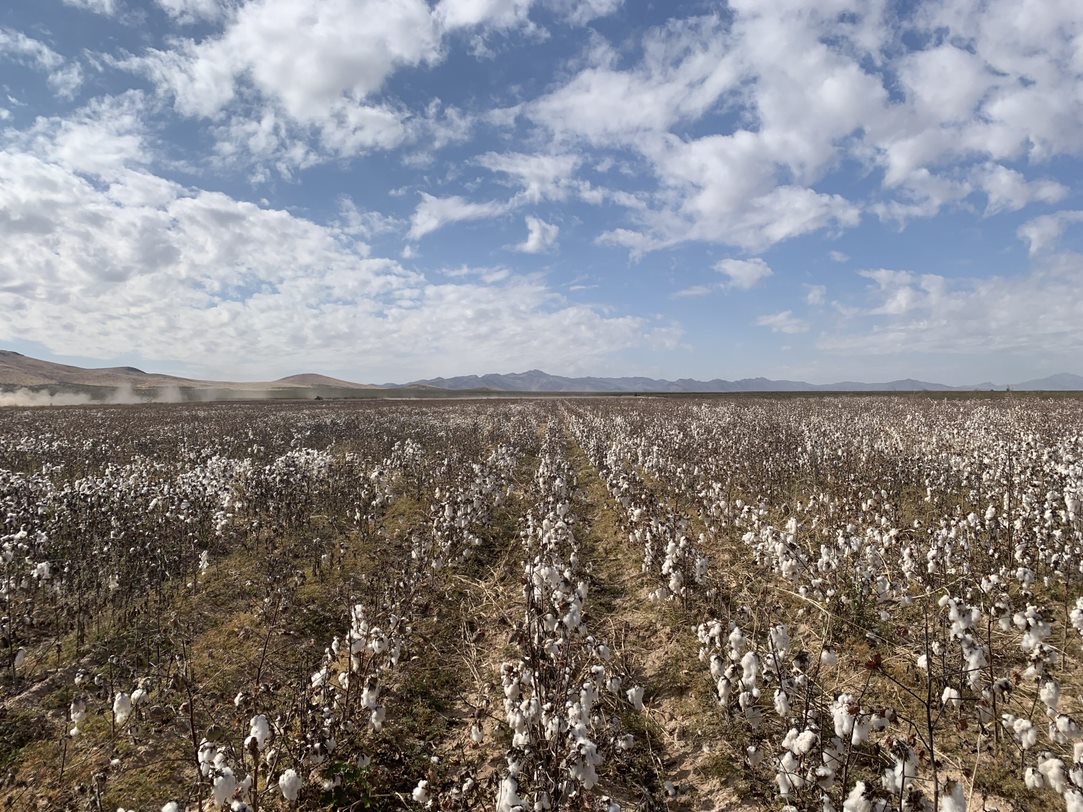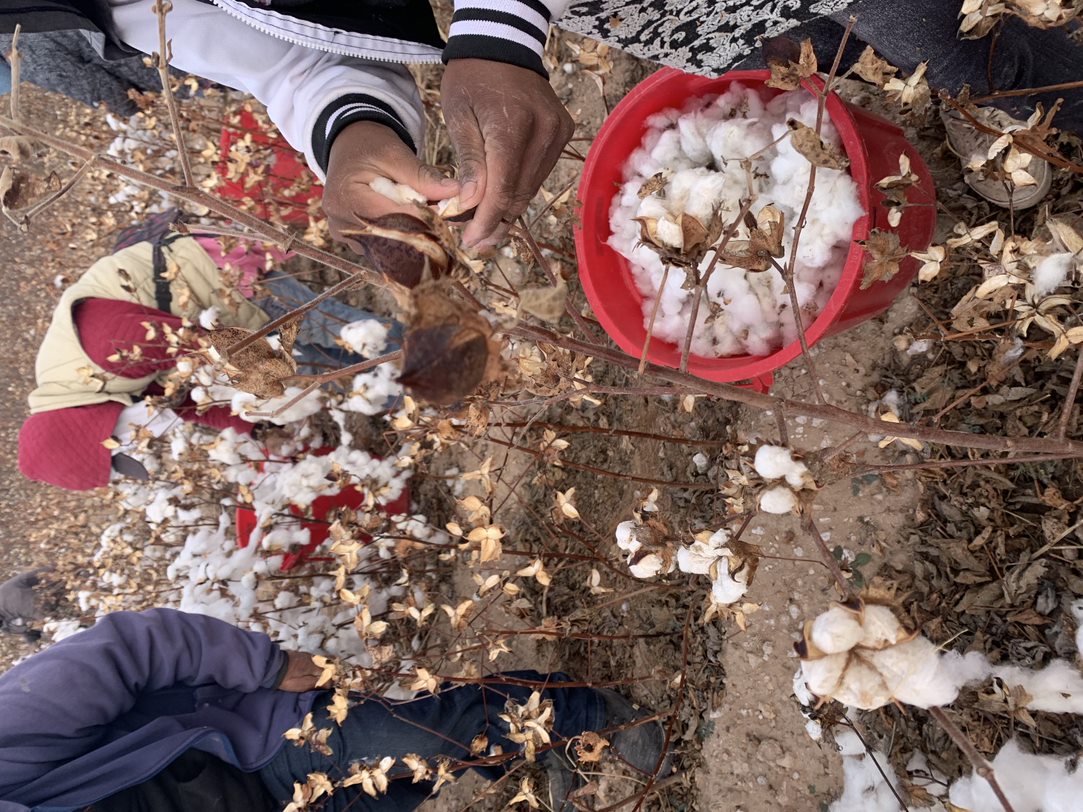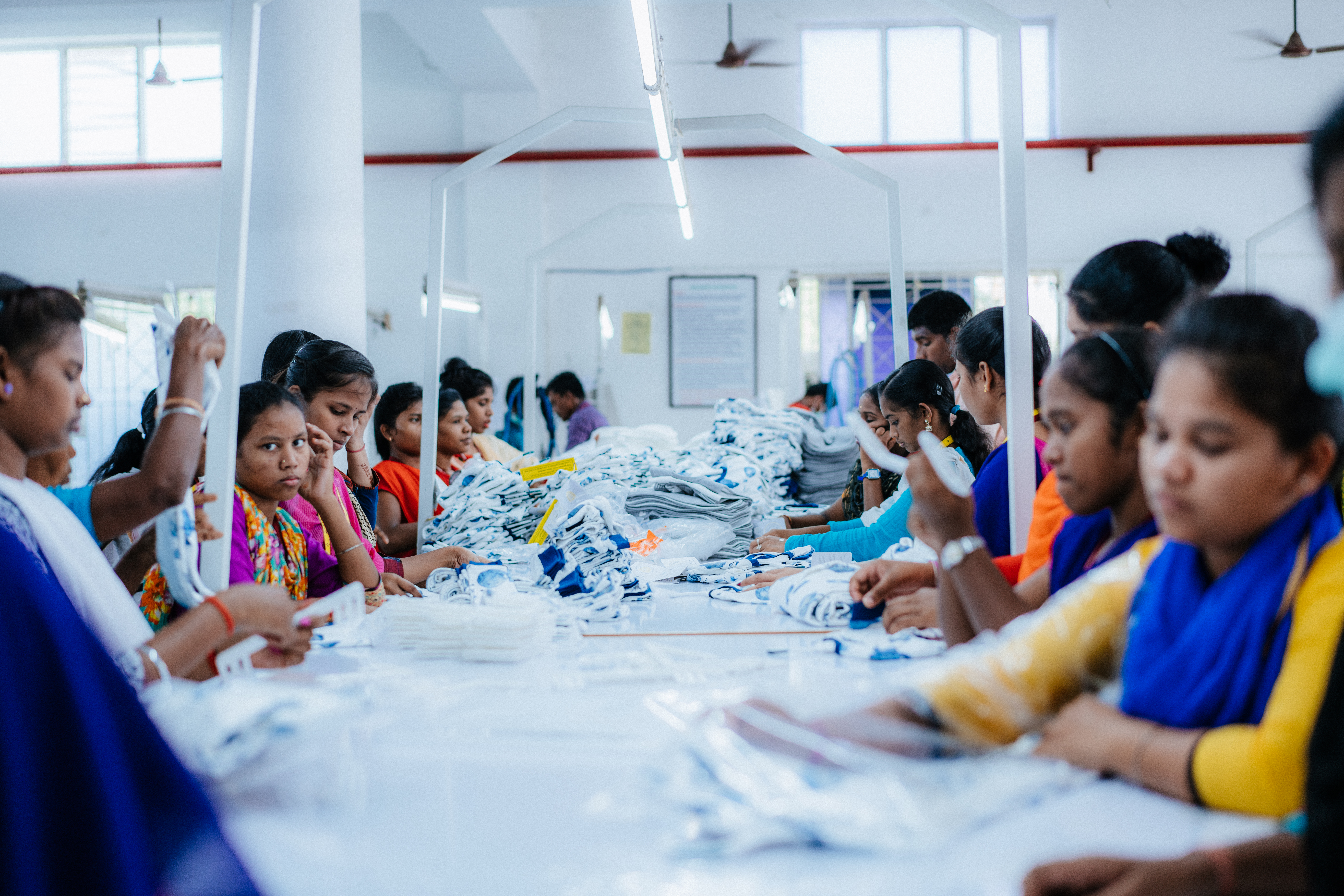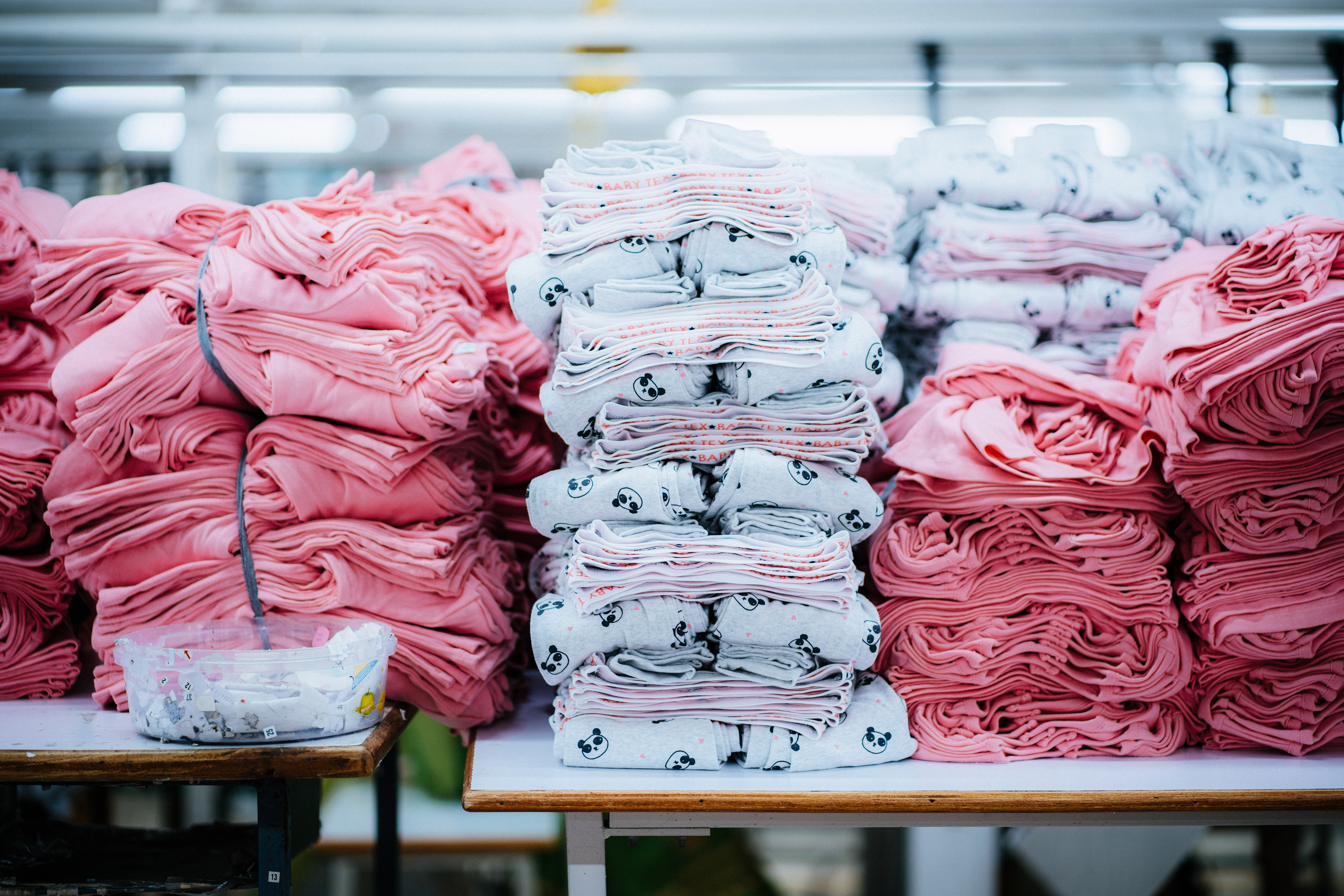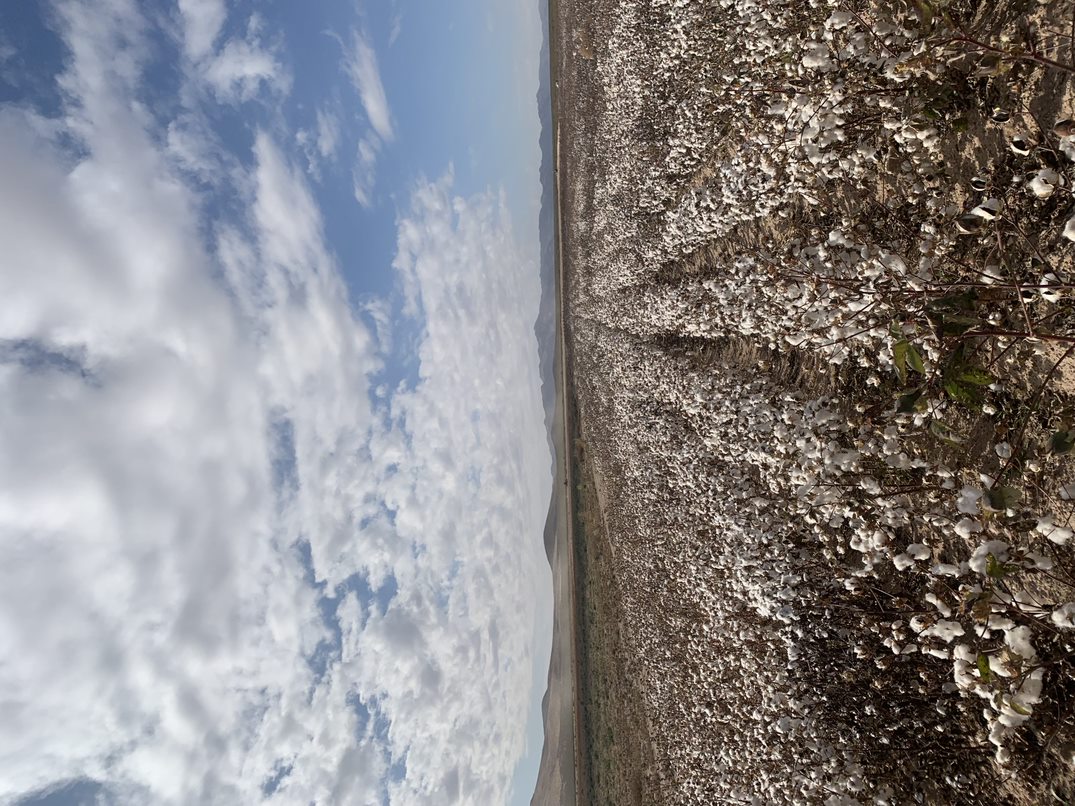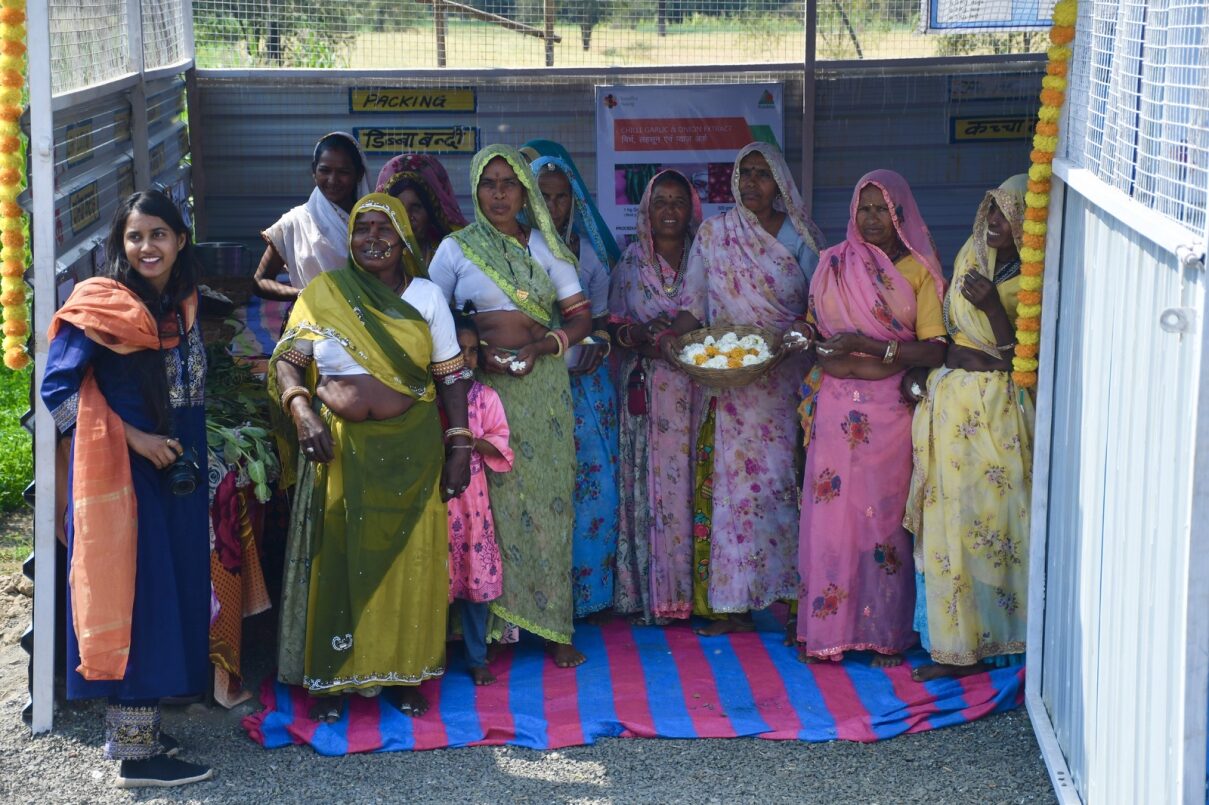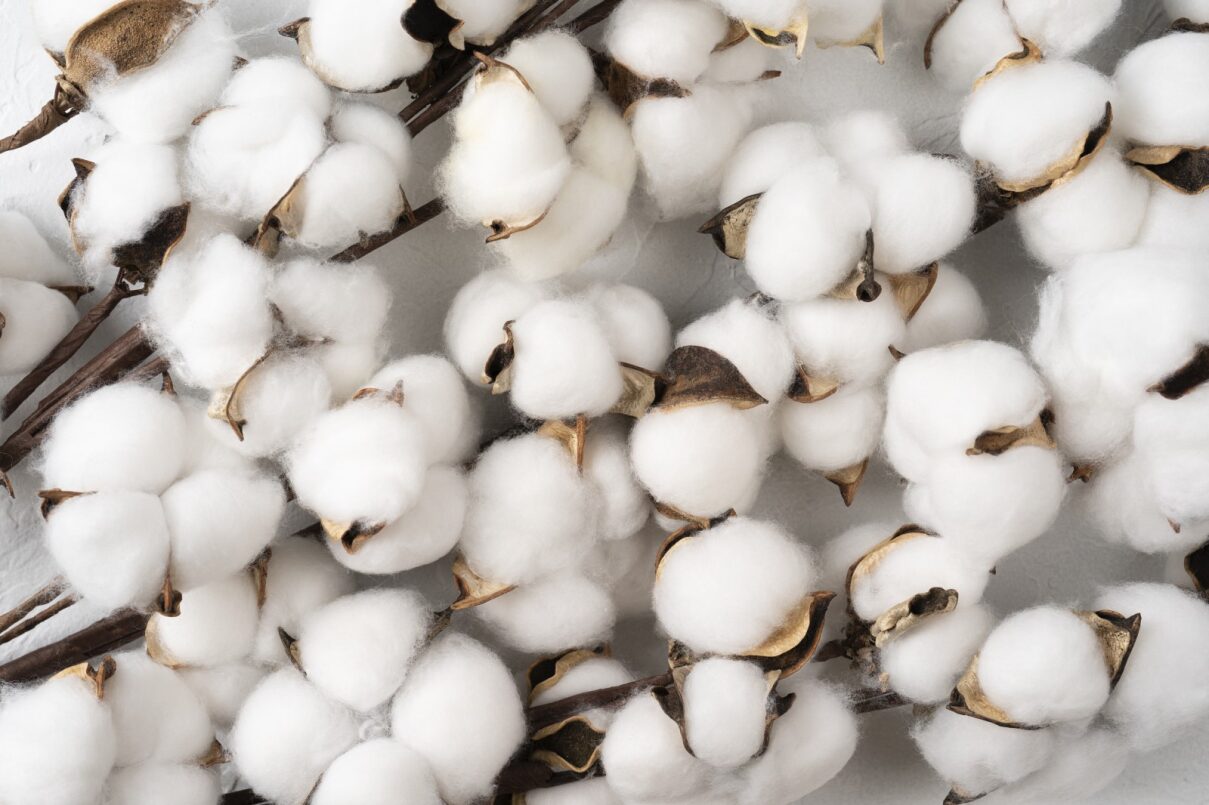GOTS Project: Organic Cotton in Mexico
GOTS Project:
Organic Cotton in Mexico
Transforming Cotton Production in Mexico with GOTS Certification
Cotton in Mexico
Cotton has played an integral role in Mexico's history for thousands of years. The country boasts a rich diversity of cotton species, including wild relatives of the most commonly grown variety, known as ‘Upland Cotton’ (Gossypium Hirsutum). However, the introduction of genetically modified (GMO) cotton in the 1990s, along with environmental and health concerns, raised questions about the sustainability of cotton production. In 2019, Mexico banned the cultivation of GM cotton, providing a fresh opportunity to explore new approaches to cotton farming.
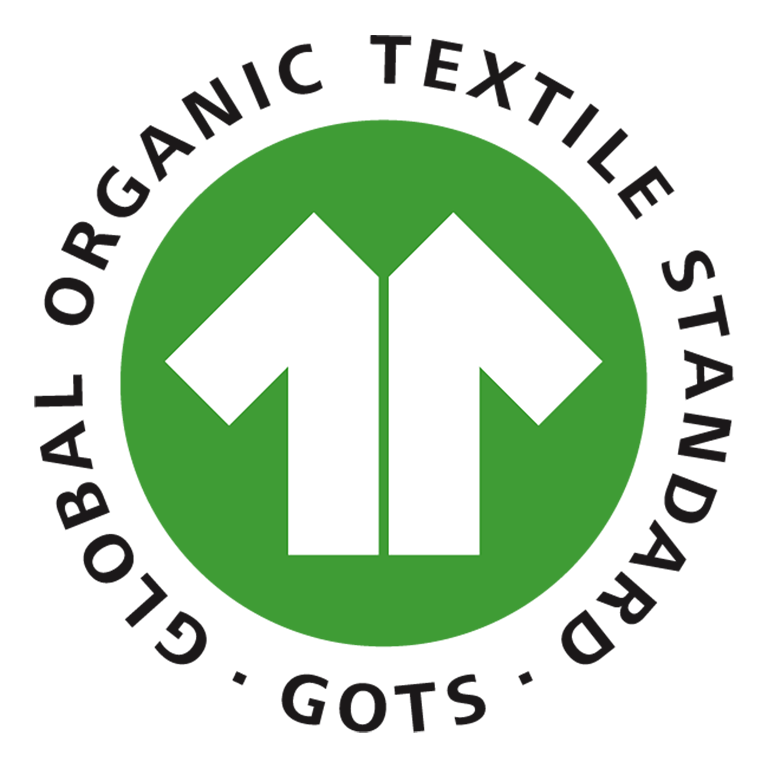
Introducing Organic in Chihuahua
In Chihuahua, where GMO seeds dominated cotton production, a collaborative effort unfolded. A small local organisation, Materia Consumo Sostenible, partnered with GOTS to demonstrate that alternative cotton production methods were not just viable but essential. The challenge was to empower local farmers with the knowledge and resources needed to cultivate organic cotton while ensuring the environmental and economic sustainability of the industry.
Cultivating New Solutions
The project's goals were ambitious. It aimed to enable farmers to grow organic cotton, embracing eco-friendly practices while supporting the local community. The pilot project spanned approximately 2.5 hectares and anticipated yields of 11 to 14 bales of organically certified seed cotton. The initiative also sought to establish robust supply chains, enabling farmers to access fair prices and cultivate long-lasting commercial relationships.
Navigating the challenges posed by the dominance of conventional cotton production in the region was no small feat. One significant hurdle was finding a ginning facility willing to process organic cotton. Additionally, adapting transportation and cropping equipment to the project's scale required creative solutions.
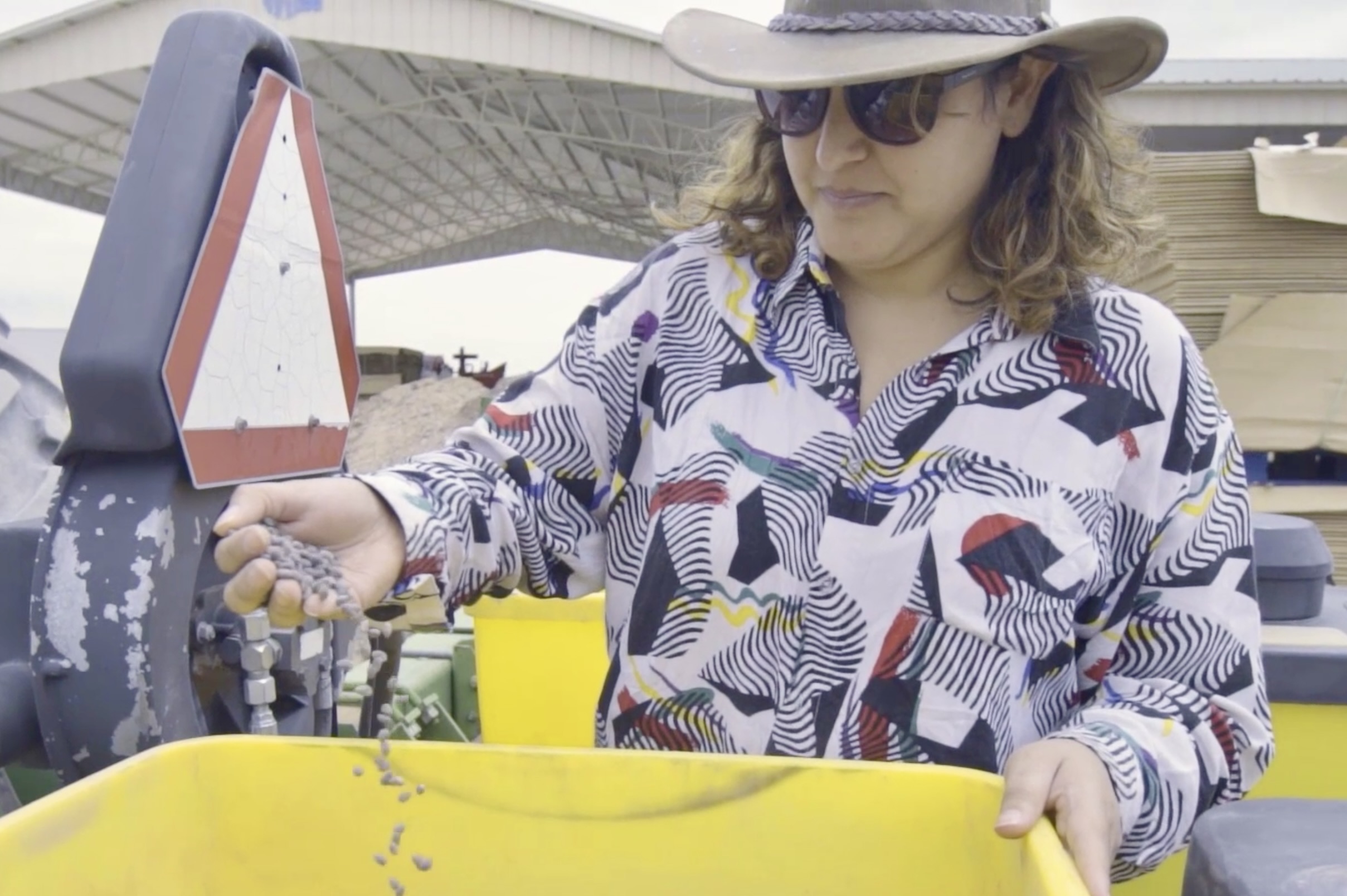
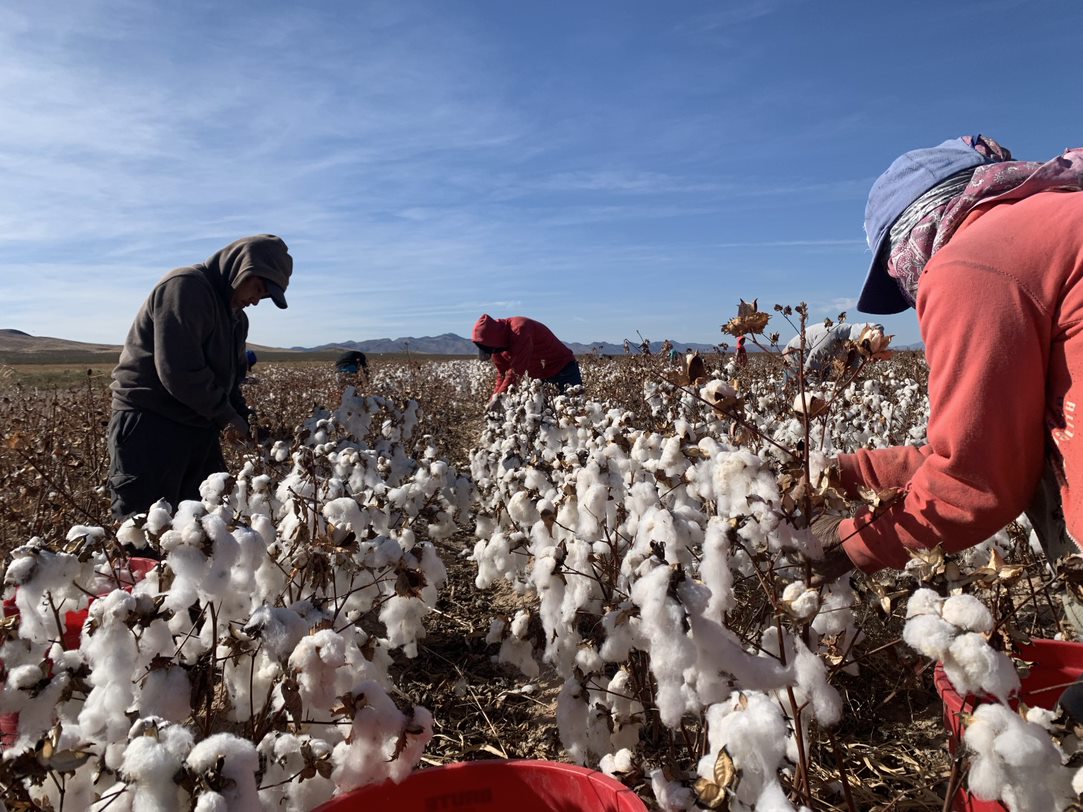
Inspiring Results
The results of this endeavour are nothing short of inspiring. Jesus Aguerre Chavez, GOTS Monitoring and Evaluation Specialist, summed it up: "This transcends mere cultivation; it represents a commitment to safeguard our environment, the health of our workers, and our cultural heritage. We are sowing the seeds of a more sustainable future".
The project demonstrates that organic cotton production can flourish, promoting both ecological and community well-being. As the government's restrictions on GM cotton cultivation create opportunities for transformation, the partnership between GOTS and local organisations represents a path to a more sustainable cotton industry in Mexico.
The knowledge gained in this project will be synthesised into an educational manual. This guide will empower others to embark on a similar path, contributing to the growth of organic cotton production and, ultimately, the creation of a more environmentally friendly and equitable cotton industry in Mexico.
